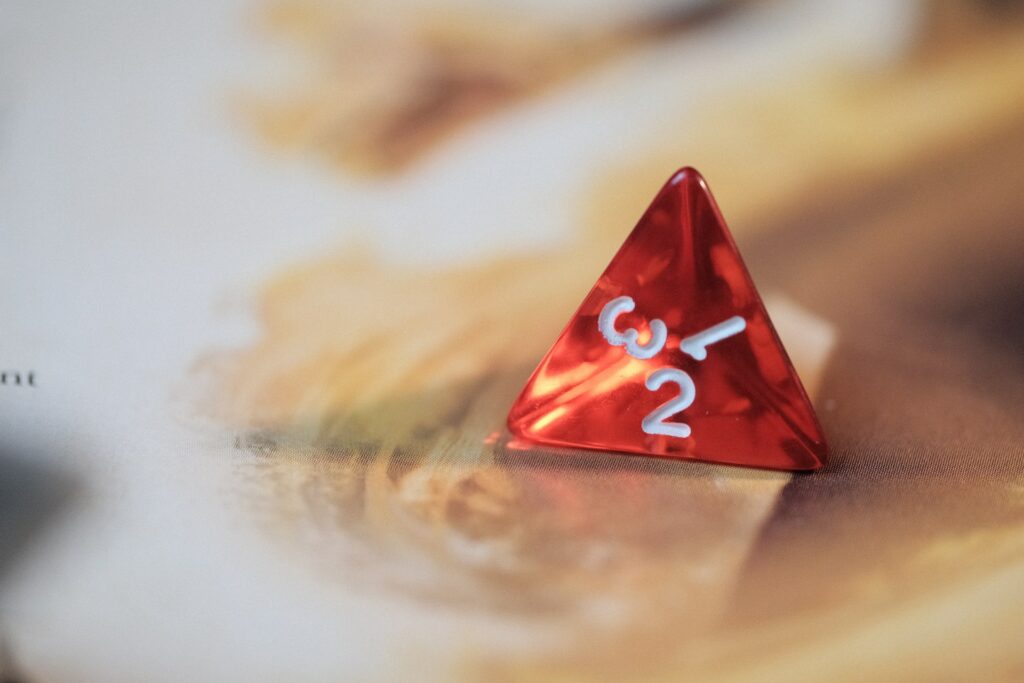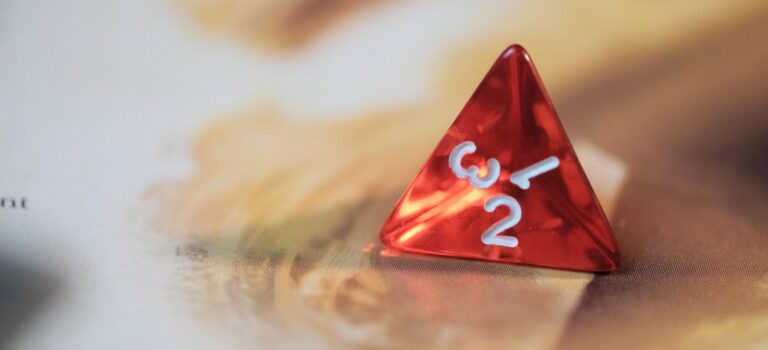
At first glance, the Numberphile website seems both charming and a tad overwhelming. The site is dedicated to numbers and explanations of math problems and math research by means of short videos. The videos are linked to via illustrations which are engaging but don’t give a casual visitor many clues as to where they are navigating. It is great for exploring though: click around and see which page you land on and then watch the video to learn something new about math.
Read more






